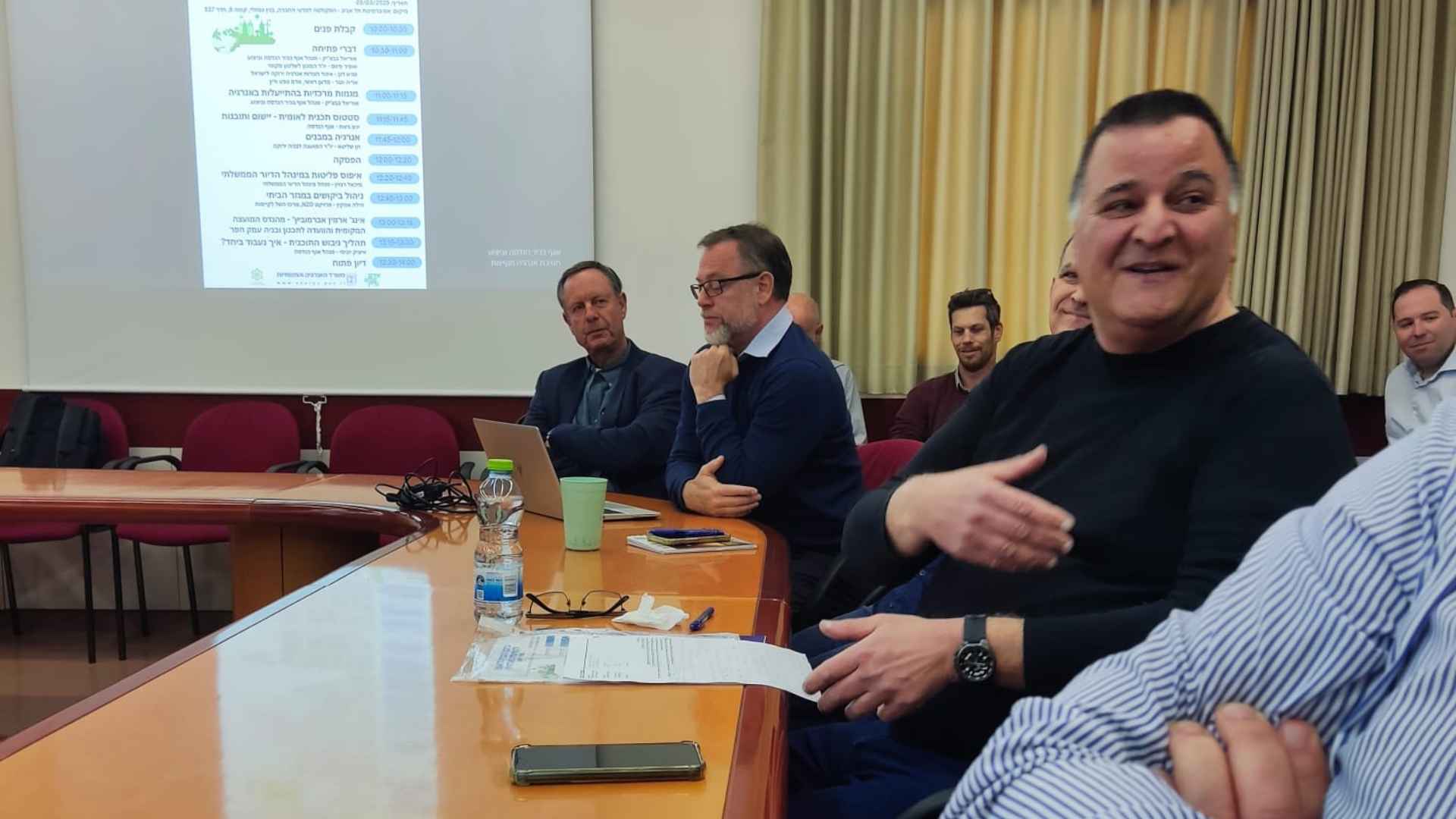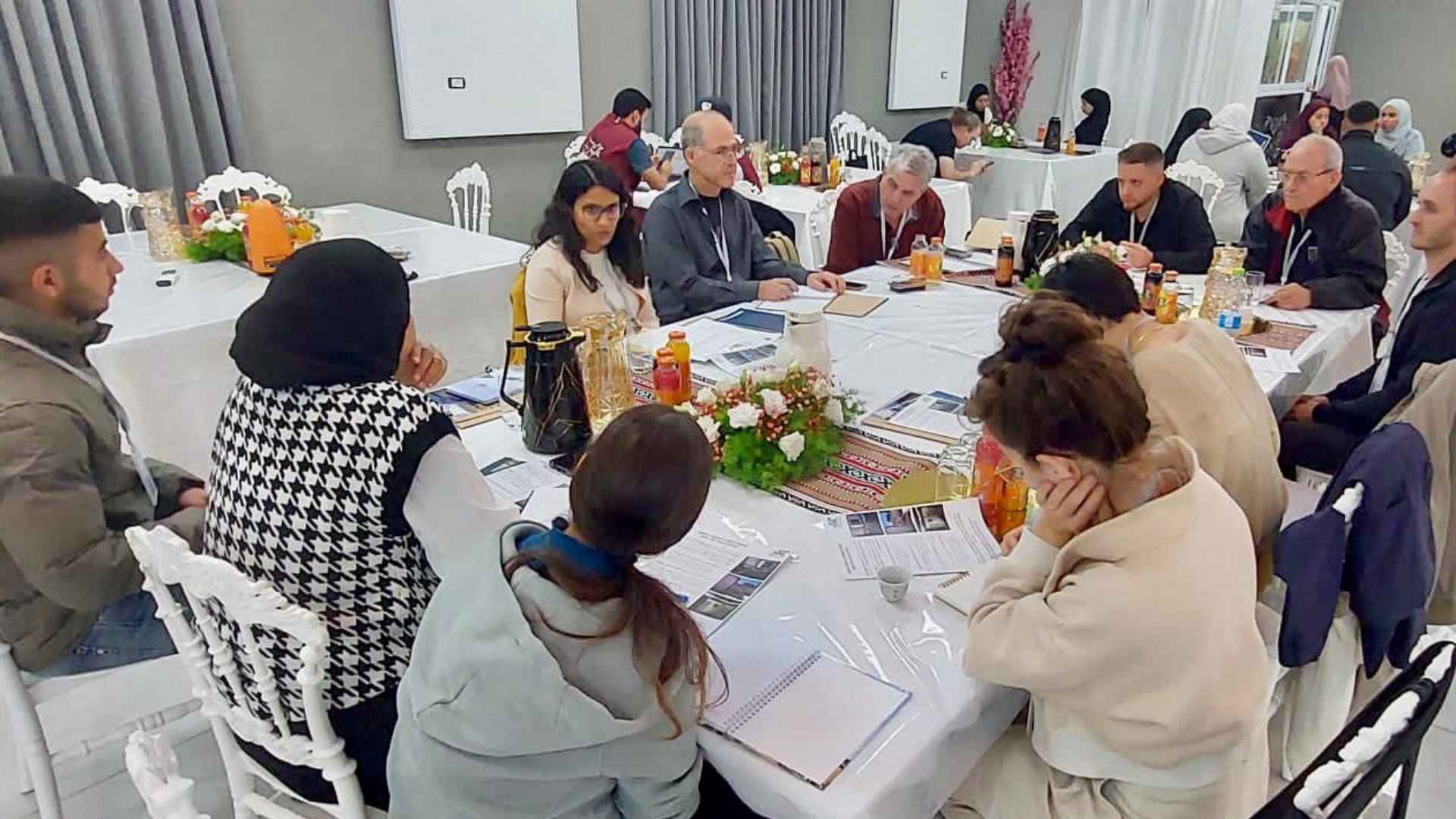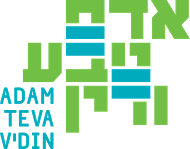Energy powers modern society, yet Israel’s heavy reliance on imported fossil fuels is proving costly, environmentally damaging, and unsustainable. At Adam Teva V’Din, we champion energy efficiency as a critical strategy to cut emissions, lower costs, and enhance national resilience.
Although the Energy Resources Act of 1989 mandated that a national energy efficiency program be authorized and updated by June 2011–with annual progress reports and incentives for publicly funded institutions–no such program was created for years. In 2016, we petitioned the High Court to force action. Now, inspired by our commitment to sustainable development, we are laying out our recommendations for energy efficiency to drive meaningful change at the Ministry of Energy.
Understanding energy efficiency and ‘Negawatts’
Energy efficiency means achieving the same outcomes while consuming less energy. This can involve upgrading appliances, enhancing building insulation, or employing smarter technologies. A particularly transformative concept in this realm is that of “Negawatts”–a term coined by environmental pioneer Amory Lovins to describe the energy saved through efficiency measures. In simple terms, every kilowatt-hour of energy saved (or “negawatt”) represents energy that is never produced.

As Dr. Arye Vanger, our Chief Scientist, explains: “Energy that is not consumed is the cleanest and most cost-effective form of energy. Organized Negawatt programs not only reduce the need for new power plants but also provide a direct pathway to cutting greenhouse gas emissions and achieving substantial cost savings.”
The imperative for change in Israel’s energy sector
Traditional electricity models reward increased production; the more energy sold, the higher the profits for producers. This structure creates little incentive for energy-saving measures. Our vision is to transform this paradigm through regulatory and economic mechanisms that decouple revenue from energy volume. By aligning financial rewards with energy conservation, we can encourage electricity producers to implement comprehensive efficiency programs. Such measures delay the need for new, expensive power plants and contribute significantly to environmental protection.
Mechanisms for a sustainable energy future
Drawing on global best practices–from the legal obligations and incentive schemes used in the United Kingdom and California to the ambitious energy efficiency directives of the European Union–we advocate for a dedicated Negawatt program in Israel. Our proposal would:
- Oblige electricity producers to develop and implement energy efficiency plans covering up to 5% of their production capacity.
- Incentivize producers financially through mechanisms that reward them for exceeding energy-saving targets, ensuring that any reduction in consumption does not harm their revenue streams.
- Prioritize programs that focus on vulnerable communities and public infrastructure, thereby promoting both environmental sustainability and climate justice.
A call to action
Our initiative at Adam Teva V’Din is rooted in the conviction that energy conservation is not only an economic necessity but a moral imperative. In the spirit of tikkun olam—the Jewish value of repairing the world—we are committed to spearheading policies that safeguard our natural resources and protect future generations. We call on government agencies, industry stakeholders, and the broader public to support the adoption of Negawatt programs as an essential element of Israel’s sustainable energy strategy.






